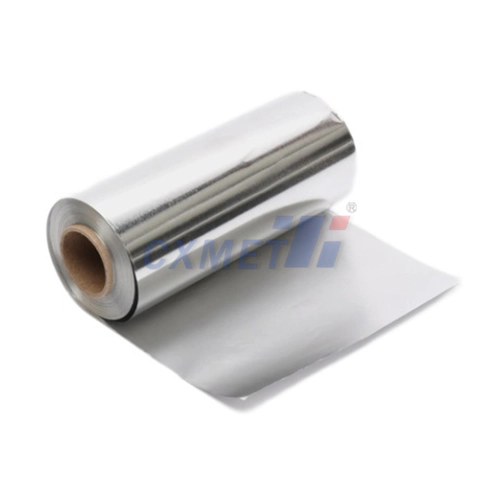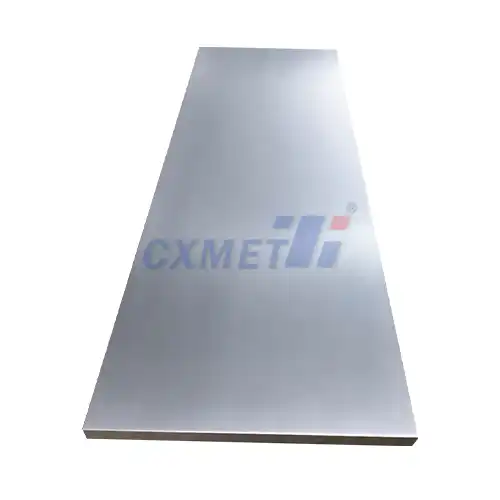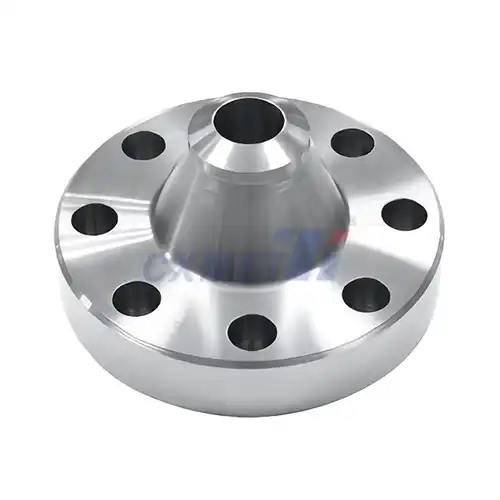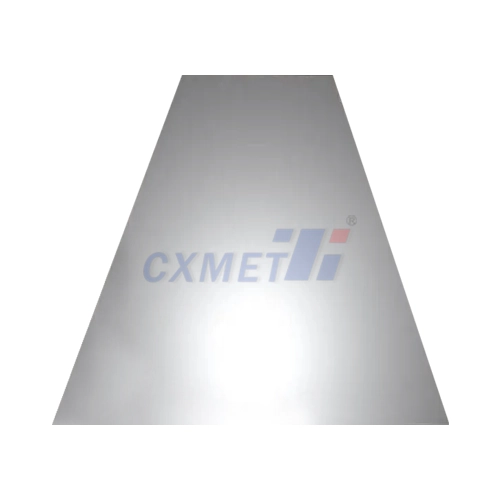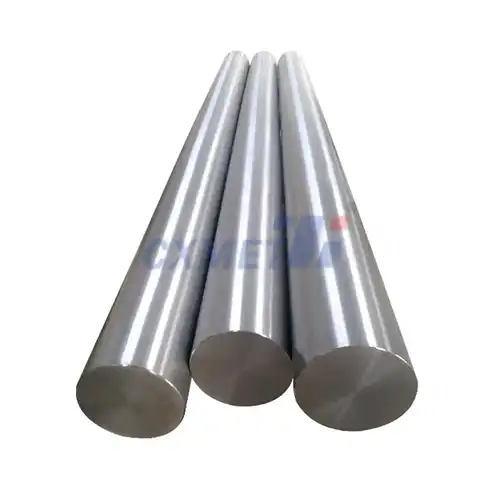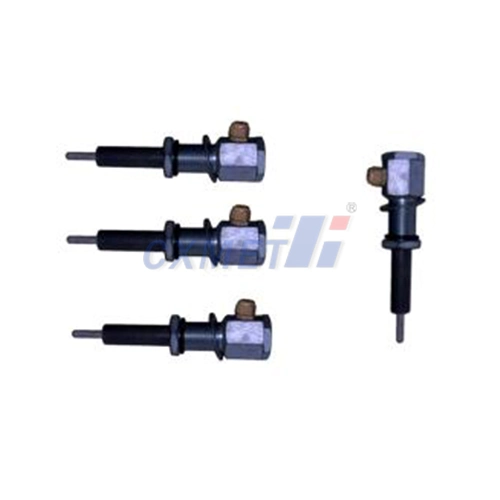- English
- French
- German
- Portuguese
- Spanish
- Russian
- Japanese
- Korean
- Arabic
- Greek
- German
- Turkish
- Italian
- Danish
- Romanian
- Indonesian
- Czech
- Afrikaans
- Swedish
- Polish
- Basque
- Catalan
- Esperanto
- Hindi
- Lao
- Albanian
- Amharic
- Armenian
- Azerbaijani
- Belarusian
- Bengali
- Bosnian
- Bulgarian
- Cebuano
- Chichewa
- Corsican
- Croatian
- Dutch
- Estonian
- Filipino
- Finnish
- Frisian
- Galician
- Georgian
- Gujarati
- Haitian
- Hausa
- Hawaiian
- Hebrew
- Hmong
- Hungarian
- Icelandic
- Igbo
- Javanese
- Kannada
- Kazakh
- Khmer
- Kurdish
- Kyrgyz
- Latin
- Latvian
- Lithuanian
- Luxembou..
- Macedonian
- Malagasy
- Malay
- Malayalam
- Maltese
- Maori
- Marathi
- Mongolian
- Burmese
- Nepali
- Norwegian
- Pashto
- Persian
- Punjabi
- Serbian
- Sesotho
- Sinhala
- Slovak
- Slovenian
- Somali
- Samoan
- Scots Gaelic
- Shona
- Sindhi
- Sundanese
- Swahili
- Tajik
- Tamil
- Telugu
- Thai
- Ukrainian
- Urdu
- Uzbek
- Vietnamese
- Welsh
- Xhosa
- Yiddish
- Yoruba
- Zulu
Is Titanium Grade 2 Round Bar Strong enough for Structural Applications?
2025-05-14 10:17:34
Titanium Grade 2 round bar is a popular material known for its excellent combination of strength, corrosion resistance, and lightweight properties. When considering its use in structural applications, it's essential to understand its capabilities and limitations. This article will explore the strength characteristics of Titanium Grade 2 round bar and its suitability for various structural uses.
|
|
|
What are the mechanical properties of Titanium Grade 2 Round Bar?
Titanium Grade 2, also known as commercially pure (CP) titanium, is one of the most widely used grades of titanium. Its mechanical properties make it an attractive option for many applications, including structural ones. Here's a detailed look at its key mechanical properties:
- Tensile Strength: Titanium Grade 2 round bar typically has a minimum tensile strength of 345 MPa (50,000 psi). This value can vary slightly depending on the specific heat treatment and manufacturing process.
- Yield Strength: The yield strength of Titanium Grade 2 is approximately 275-450 MPa (40,000-65,000 psi). This indicates the stress at which the material begins to deform plastically.
- Elongation: Grade 2 titanium exhibits excellent ductility with an elongation of about 20%. This property allows the material to undergo significant plastic deformation before failure.
- Modulus of Elasticity: The elastic modulus of Titanium Grade 2 is around 105 GPa (15.2 x 10^6 psi), which is about half that of steel. This lower stiffness can be advantageous in certain applications where flexibility is desired.
- Hardness: Titanium Grade 2 has a Rockwell C hardness of about 80-100, which contributes to its wear resistance.
These mechanical properties demonstrate that Titanium Grade 2 round bar possesses considerable strength, making it suitable for many structural applications. Its combination of high strength-to-weight ratio, excellent corrosion resistance, and good ductility makes it an attractive option for various industries, including aerospace, marine, and chemical processing.
However, it's important to note that while Titanium Grade 2 is strong, it's not the strongest titanium alloy available. For applications requiring even higher strength, other grades like Grade 5 (Ti-6Al-4V) might be more suitable. The choice between different grades depends on the specific requirements of the application, including strength needs, weight constraints, and environmental factors.
How does Titanium Grade 2 Round Bar compare to other structural materials?
When considering Titanium Grade 2 round bar for structural applications, it's crucial to compare its properties with other commonly used structural materials. This comparison helps in understanding its strengths and potential limitations in various contexts.
Comparison with Steel:
- Strength: While Titanium Grade 2 is strong, it's not as strong as many steel alloys. High-strength steels can have tensile strengths over 1000 MPa, significantly higher than Titanium Grade 2.
- Weight: Titanium Grade 2 has a density of about 4.5 g/cm³, compared to steel's 7.85 g/cm³. This makes titanium about 45% lighter than steel for the same volume.
- Corrosion Resistance: Titanium Grade 2 far outperforms most steels in corrosion resistance, especially in marine environments.
- Cost: Titanium is generally more expensive than steel, which can be a limiting factor in some applications.
Comparison with Aluminum:
- Strength: Titanium Grade 2 is generally stronger than most aluminum alloys, offering better structural integrity.
- Weight: Titanium is heavier than aluminum (density of 2.7 g/cm³), but its higher strength often allows for thinner sections, potentially resulting in weight savings.
- Temperature Resistance: Titanium performs better at high temperatures compared to aluminum.
- Corrosion Resistance: Both materials offer excellent corrosion resistance, but titanium generally performs better in more aggressive environments.
Comparison with Other Titanium Grades:
- Strength: Titanium Grade 2 is not as strong as some other titanium alloys like Grade 5 (Ti-6Al-4V), which has a tensile strength of about 900 MPa.
- Ductility: Grade 2 offers better ductility than many other titanium alloys, making it easier to form and work with.
- Weldability: Grade 2 is generally easier to weld than some of the more alloyed titanium grades.
In structural applications, the choice between Titanium Grade 2 and other materials depends on several factors:
- Strength Requirements: For applications requiring very high strength, steel or higher-grade titanium alloys might be preferred.
- Weight Considerations: In weight-critical applications, titanium's low density can be a significant advantage over steel.
- Corrosive Environments: Titanium Grade 2 excels in corrosive environments where steel would quickly degrade.
- Cost Constraints: The higher cost of titanium might make it less suitable for large-scale structural applications where steel or aluminum could suffice.
- Temperature Exposure: For structures exposed to moderate heat, titanium offers better performance than aluminum.
While Titanium Grade 2 round bar may not be the strongest material available, its unique combination of properties makes it an excellent choice for many structural applications, especially those requiring a balance of strength, weight savings, and corrosion resistance.
|
|
|
What are the best structural applications for Titanium Grade 2 Round Bar?
Titanium Grade 2 round bar, with its unique combination of properties, finds its niche in various structural applications across different industries. Understanding where it performs best can help engineers and designers make informed decisions about its use. Here are some of the most suitable structural applications for Titanium Grade 2 round bar:
- Marine Structures: The excellent corrosion resistance of Titanium Grade 2 makes it ideal for marine environments. It's used in:
- Offshore oil and gas platforms
- Submarine components
- Ship propeller shafts
- Desalination plants
- Chemical Processing Equipment: Its resistance to various chemicals makes it suitable for:
- Pressure vessels
- Heat exchangers
- Reaction chambers
- Piping systems in corrosive environments
- Aerospace Components: While not as strong as some titanium alloys, Grade 2 is still used in:
- Non-critical structural components
- Hydraulic tubing
- Exhaust system components
- Medical Implants: Its biocompatibility makes it suitable for:
- Dental implants
- Bone plates and screws
- Joint replacement components
- Architectural Applications: In high-end architectural projects, it's used for:
- Façade cladding
- Roofing materials
- Decorative elements
- Energy Industry: It finds applications in:
- Geothermal wells
- Solar panel support structures in corrosive environments
- Nuclear power plant components
- Automotive Industry: Although less common due to cost, it's used in:
- Exhaust systems for high-performance vehicles
- Suspension components in racing cars
When considering Titanium Grade 2 round bar for these applications, several factors come into play:
- Load-bearing Capacity: While strong, engineers must carefully calculate load requirements to ensure Titanium Grade 2 can handle the structural demands.
- Environmental Factors: Its excellent corrosion resistance makes it ideal for harsh environments, but the specific conditions must be considered.
- Fatigue Resistance: Titanium Grade 2 has good fatigue resistance, making it suitable for applications with cyclic loading.
- Thermal Considerations: Its low thermal expansion coefficient can be advantageous in applications with temperature fluctuations.
- Weight Savings: In applications where weight reduction is crucial, Titanium Grade 2 can offer significant advantages over heavier materials like steel.
- Cost-Benefit Analysis: While more expensive than many materials, its long-term durability and reduced maintenance needs can offset initial costs in certain applications.
It's important to note that while Titanium Grade 2 round bar is versatile, it's not always the best choice for every structural application. In some cases, higher-strength titanium alloys or other materials might be more suitable. Engineers should always conduct a thorough analysis of the specific requirements of their project, considering factors such as load-bearing needs, environmental conditions, weight constraints, and budget limitations.
In conclusion, Titanium Grade 2 round bar offers a unique combination of strength, corrosion resistance, and lightweight properties that make it suitable for a wide range of structural applications. Its strengths lie particularly in environments where corrosion resistance is paramount, weight savings are important, and moderate strength is sufficient. By understanding its capabilities and limitations, engineers can effectively utilize this material to create durable, efficient, and innovative structural solutions across various industries.
At SHAANXI CXMET TECHNOLOGY CO., LTD, we take pride in our extensive product range, which caters to diverse customer needs. Our company is equipped with outstanding production and processing capabilities, ensuring the high quality and precision of our products. We are committed to innovation and continuously strive to develop new products, keeping us at the forefront of our industry. With leading technological development capabilities, we are able to adapt and evolve in a rapidly changing market. Furthermore, we offer customized solutions to meet the specific requirements of our clients. If you are interested in our products or wish to learn more about the intricate details of our offerings, please do not hesitate to contact us at sales@cxmet.com. Our team is always ready to assist you.
|
|
|
References
1. ASM International. (2015). Titanium: A Technical Guide. Materials Park, OH: ASM International.
2. Lutjering, G., & Williams, J. C. (2007). Titanium. Berlin: Springer-Verlag.
3. Donachie, M. J. (2000). Titanium: A Technical Guide. Materials Park, OH: ASM International.
4. Boyer, R., Welsch, G., & Collings, E. W. (1994). Materials Properties Handbook: Titanium Alloys. Materials Park, OH: ASM International.
5. Peters, M., Kumpfert, J., Ward, C. H., & Leyens, C. (2003). Titanium alloys for aerospace applications. Advanced Engineering Materials, 5(6), 419-427.
6. Rack, H. J., & Qazi, J. I. (2006). Titanium alloys for biomedical applications. Materials Science and Engineering: C, 26(8), 1269-1277.






